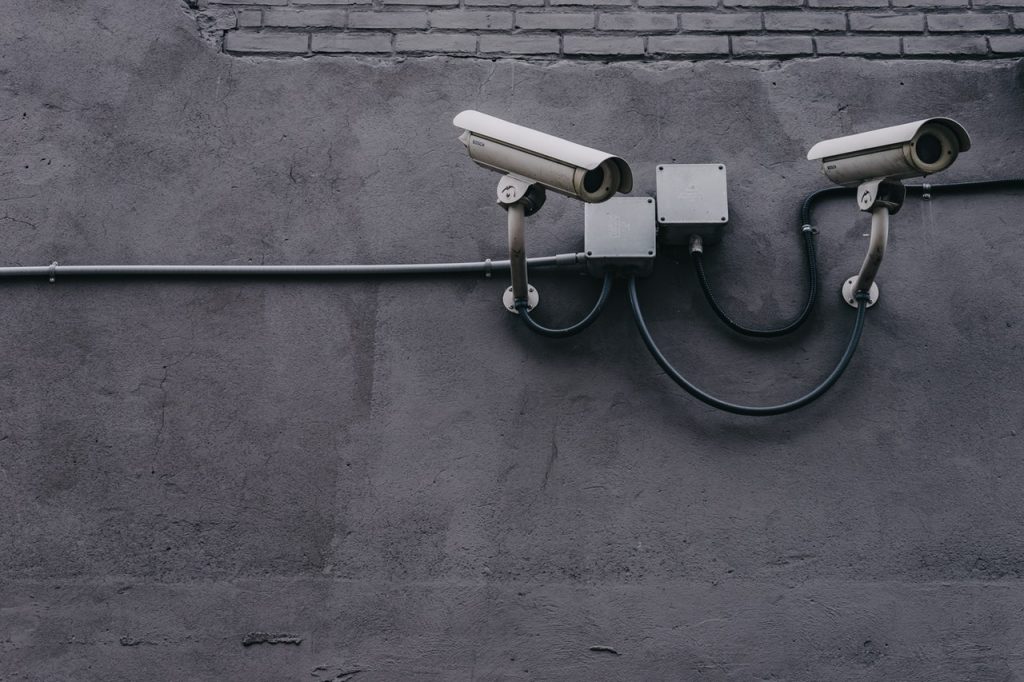SURVEILLANCE CAMERAS IN THE WORKPLACE
In today’s day and age, many employers may consider installing surveillance cameras in the workplace for numerous reasons including the safety of their employees. If an employer is considering installing surveillance cameras that record employees’ conversations, it is important to know Nevada law regarding the subject since the state has specific requirements.

First thing to know it is that video surveillance in the workplace is legal in the state of Nevada provided the surveillance cameras are in a location where there isn’t a reasonable expectation of privacy. Surveillance cameras installed in private areas, like bathrooms, locker rooms, etc., are prohibited.
In addition to recording video, surveillance cameras often also record audio so its important to understand Nevada law on recording conversations.
There are two categories that recording a conversation can fall into under Nevada law. The first is recording a conversation that occurs via wire communication like a telephone call. The second is recording a conversation that does not occur via wire communication such as an in-person conversation.
In regard to in-person conversations, under Nevada law using any device to record, obtain, share, or use oral conversations, requires the consent of at least one person participating in the communication for the recording to be legal. If your company intends to record wire conversations (telephone conversations) all parties involved in the conversation must consent in order to legally record the conversation.
So, what does consent mean in these situations? Consent just mean notice. As such, consent can be inferred from the parties’ willingness to participate in the conversation after being notified that the conversation is being recorded. Therefore, if your employees are aware of the surveillance cameras and that they record audio, then they are likely to be deemed to have consented to being recorded by the surveillance cameras.
Secretly recording conversations without consent of at least one party is against the law. Since an individual cannot consent to something they do not know about, surveillance cameras should always be out in the open and visible — never hidden.
Looking for a helpful guide in understanding this area of the law? NAE members can access the fact sheet on recording conversations along with other helpful resources on our Member Portal.
Companies should take steps to make sure that all employees are aware of any surveillance cameras and that they are being recorded while at the workplace. That can be done in a couple of ways. It is always advisable to have a policy in the company handbook which informs employees that they are being monitored through surveillance cameras. Some companies also post signage at building entrances which notify all individuals entering the premise that they are being recorded.
Mailing List Sign Up Form
Fill out this mailing list sign up form to receive monthly email updates on the latest NAE news, HR issues, special events, training dates and more!
